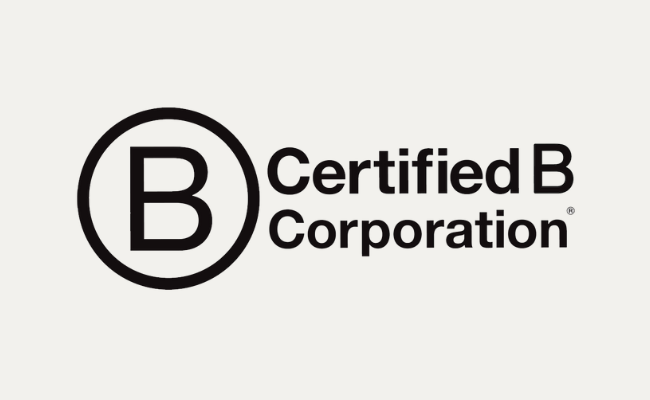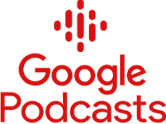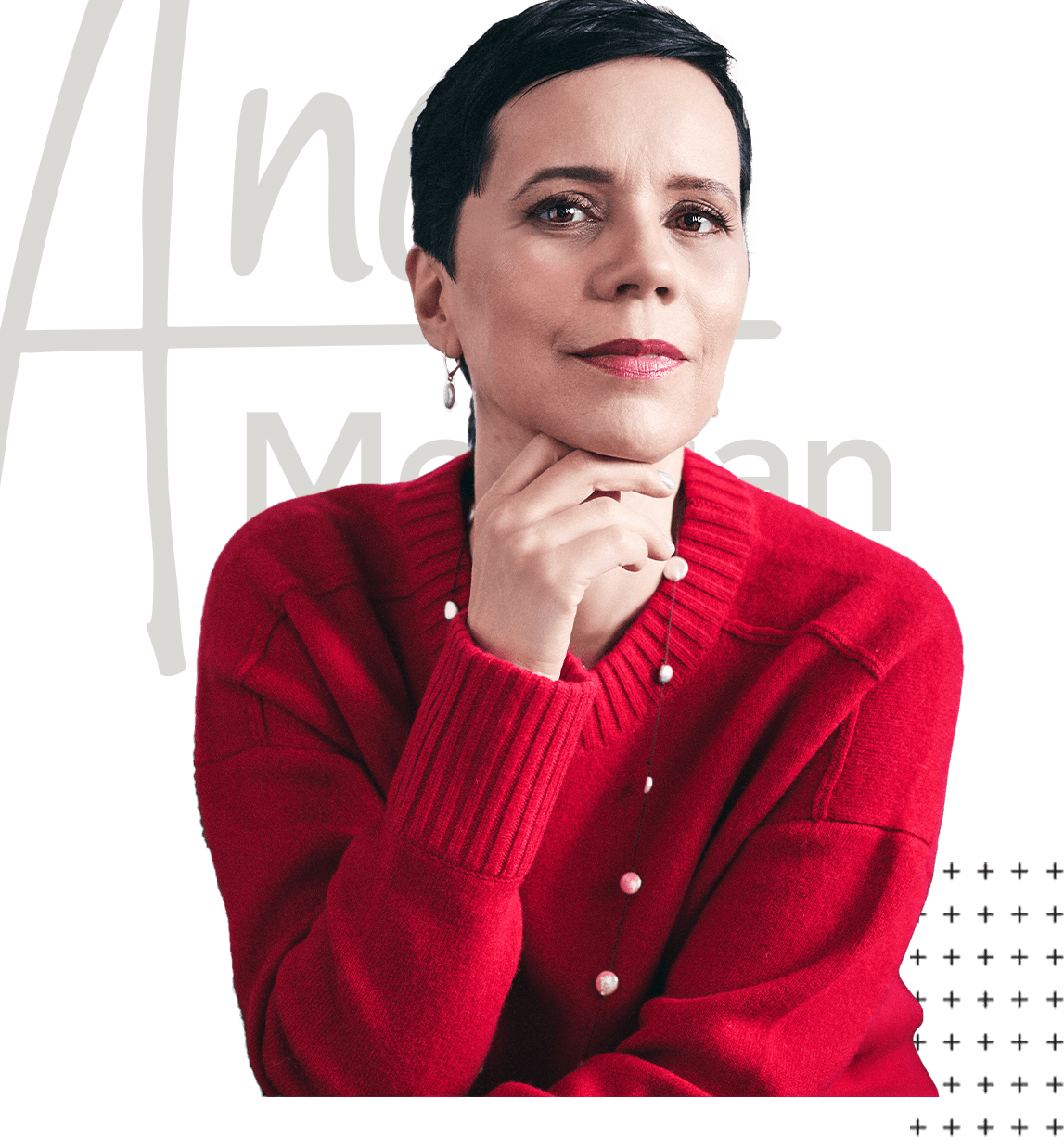Entrepreneurship, B-Corps & Impact with Lindsay LaShell
“When women, queer, people of color, and entrepreneurs do well, the whole world becomes a better place because of justice and power.” – Lindsay LaShell
I had the opportunity to sit down with Lindsay LaShell, a marketing activist helping purpose driven organizations perform better marketing to create sustainable organizations and more impactful work.
We discuss:
- Why it was important for Lindsay to become a B Corporation
- Caring for employees’ mental well-being and how empathy can make better leaders and marketers
- The Open Lines Marketing Framework
Why it was important for Lindsay to become a B Corporation

After working in the ever-changing agency landscape within a toxic workplace, Lindsay knew it was time for a change to support her mental and emotional health. Branching out to build her own marketing agency was her first big step on the path of entrepreneurship.
“I started my agency with one monthly retainer of $2,500 a month and a bank loan of about $7,000 secured by my car. We didn’t have a safety net,” she shares. “I always know that I'm going to land on my feet. Because of that, I'm quite comfortable in financial circumstances that could reasonably terrify many other adults. I made it work.”
As her team and client base grew, Lindsay looked for ways to increase her impact and create a business that reflected her values.
“I built my business to be an ethical business, it was always really important to me,” Lindsay explains, “We need to have diversity in multiple ways. It needs to be a great inclusive place to work. I made a big effort to do those things. So when I started to look at the B Corp certification, it was just proving that we were who we said we were.”
With almost every box already checked to become a B Corp, all they needed was the certification. Lindsay’s investment in curating ethical business practices stems from her experience as a teacher.
Caring for employees’ mental well-being and how empathy can make better leaders and marketers

In teaching, if one half of a classroom grasps a subject and the other side does not, who's at fault? According to Lindsay's training, it's the teacher. It is the teacher's responsibility to demonstrate the relevant subject effectively and adapt to the needs of the students.
Lindsay learned that approach while studying to be a 4th and 5th-grade teacher and continues to use it today as a leader.
“For me, the clarity of communication, the baseline of respect, and the acknowledgment that leaders are just people, we mess up, too, is so important. And the truth is—if one of my employees does the wrong thing, it's because I didn't give them the right information,” she says.
From working in an under-served elementary school, Lindsay saw first-hand how much home life and environments play into mental well-being and general capacity for growth. The same principles apply to the workplace.
“Just a little bit of empathy that teaches you that if you're not safe, if you don't feel safe, then you're not at your best. And you certainly don't have the capacity to expand your capabilities,” she continues.
Practicing empathy as a leader is one of the most critical aspects of building a safe, healthy, thriving team that is free to grow and experiment. That is what it means to create psychological safety and encourage ethical practices.
The Open Lines Marketing Framework

After losing two key team members due to their skills outpacing the agency, Lindsay took time to consider her next move. What did she really want, and was it still running an agency?
“What I realized is that running an agency was not the job I wanted. The management of the team, as I have described, was just too taxing for me emotionally. And I wasn't getting the excitement of the work with the clients that I used to get,” she explains.
This realization led to closing her agency, where she would take her next step towards solopreneurship, rooted in a framework she developed for one-person marketing teams.
“Part of what I am looking to do with the open lines framework is make it more accessible, just make it cheaper, so that there are more entrepreneurs, more accelerators—I want everybody to do it,” she continues.
From there, she aims to build a curriculum geared towards self-service to sell licenses and propel brands in need into higher visibility.
When was the last time you had to make a big change in your life? How did it go? What led you there?
Be sure to check out Lindsay’s full episode for further insight into ethical business practices and learn more at OpenLinesMarketing.com!








